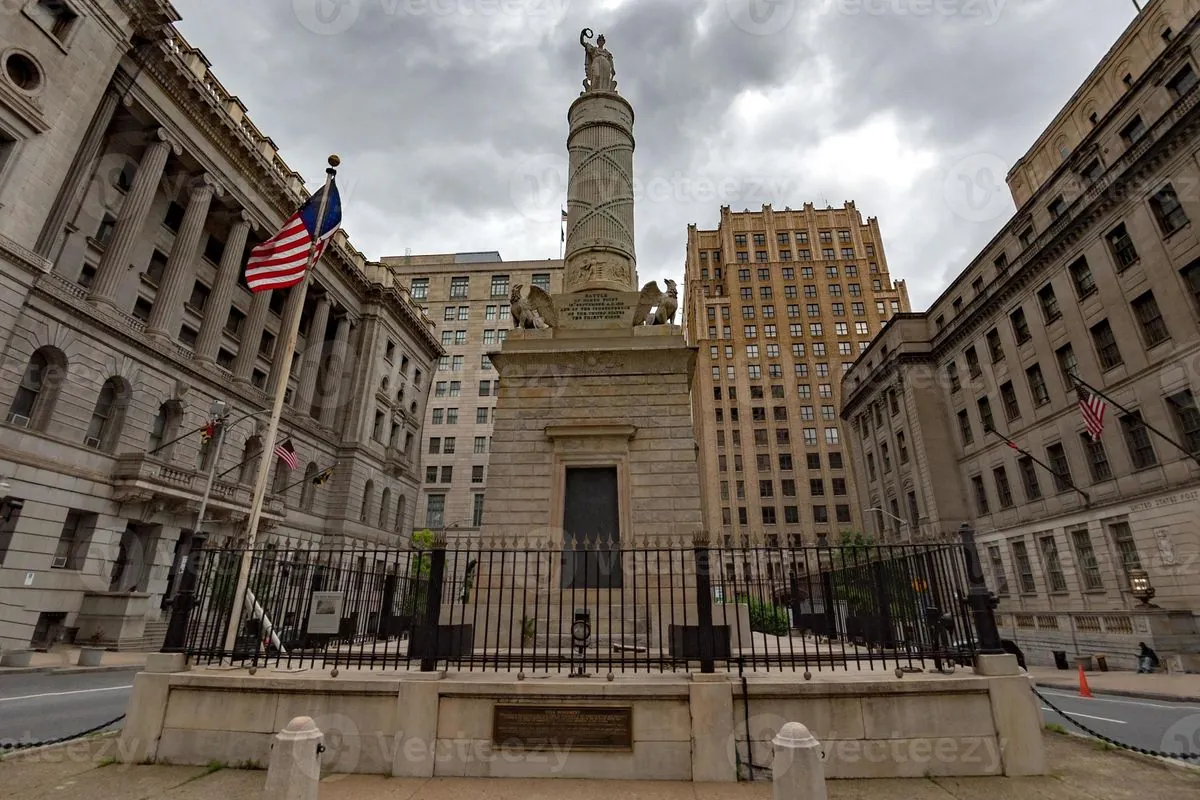Baltimore is poised to commence a significant legal battle against drug distributors McKesson and Cencora, seeking $11 billion in damages for their alleged role in fueling the opioid epidemic. The trial, scheduled to begin on September 16, 2024, marks a pivotal moment in the city's efforts to address the devastating impact of opioid addiction and overdose deaths.
The lawsuit accuses McKesson and Cencora (formerly AmerisourceBergen) of disregarding warning signs that opioids they supplied were being diverted into illegal channels. Baltimore argues that these companies should bear the financial burden of addressing the crisis.
In response, Cencora stated that it does not determine the supply or demand for medications it distributes, emphasizing that it filled prescriptions written by doctors and reported suspicious orders to authorities. McKesson has not provided an immediate comment on the matter.
The opioid crisis has had a profound impact on Baltimore. In 2022, the city recorded 904 opioid overdose deaths among its population of approximately 569,000. This statistic underscores the severity of the issue in Baltimore compared to the national average of about 25 overdose deaths per 100,000 people.
Baltimore's decision to opt out of large national opioid settlements sets it apart from many other jurisdictions. The city has already secured individual settlements with several companies, including a recent agreement with pharmacy operator Walgreens and drugmaker Teva, totaling $402.5 million.
"We believe that by taking these companies to court individually, we can secure a more just compensation for the immense harm inflicted on our community."
This strategy of pursuing individual lawsuits has yielded mixed results for other jurisdictions. San Francisco, for instance, obtained a $230 million settlement from Walgreens after winning at trial. Conversely, Huntington, West Virginia, lost its case against distributors, potentially receiving no compensation if the verdict stands on appeal.
The opioid crisis has had far-reaching consequences across the United States. Between 1999 and 2023, over 800,000 people died from opioid overdoses, according to the U.S. Centers for Disease Control and Prevention. The economic burden of prescription opioid misuse in the U.S. is estimated at $78.5 billion annually, highlighting the massive financial impact of this public health emergency.
As the trial unfolds, it will be closely watched by other municipalities and states grappling with the opioid epidemic. The outcome could potentially influence future litigation strategies and settlement negotiations nationwide.
The case also brings attention to the broader issues surrounding the opioid crisis, including the need for improved addiction treatment services, stricter regulations on opioid prescriptions, and the implementation of harm reduction strategies. Medication-assisted treatment (MAT) is considered the gold standard for treating opioid addiction, while naloxone has become a crucial tool in reversing overdoses.
As Baltimore takes on these pharmaceutical giants in court, the city hopes to secure the resources necessary to combat the ongoing opioid crisis and provide relief to its affected communities. The trial represents a significant step in holding companies accountable for their alleged role in one of the most pressing public health issues of our time.
